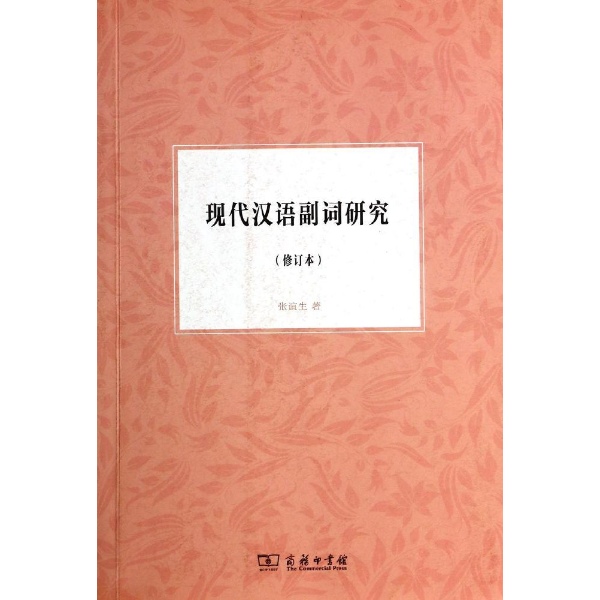程度副詞,是對一個形容詞或者副詞在程度上加以限定或修飾的副詞。 一般位置在被修飾的形容詞或者副詞之前。(用漢語舉例:很,非常,相當, 一點, 明顯地……等等。至於語氣和感覺是由它們後面的詞決定的, 程度副詞只是說明它的程度)
基本介紹
- 中文名:程度副詞
- 外文名:adverb of degree
- 作用:表示程度
- 詞性:副詞
- 例子:fairly, pretty,rather
基本定義
用法注意點
【說明】quite有時也修飾比較級,但只用於quite better(身體康復)這一表達。
1.very
修飾原級形容詞和副詞以及完全形容詞性化的現在分詞或過去分詞,如:tired, ashamed, exciting等
【注意】
1) 非形容詞性化的分詞不能用very修飾, 可用much修飾.
例:She is very pleased by his words. (×)
She is much pleased by his words. (√)
2) 一些限度形容詞不能用very修飾, 可用quite (completely) 修飾.
例:You are very wrong. (×)
You are quite wrong. (√)
3) 部分以a 開頭的形容詞不能用very修飾, 可用 much修飾.
例:She was very afraid of dogs. (×)
She was much afraid of dogs. (√)
2. much
1) 修飾動詞;
2) 修飾介詞以及形容詞和副詞的比較級;
例:a) The girl is much like her mother. 這女孩非常像她媽媽。
b) She is much younger than her husband. 她比她丈夫年輕多了。
3) 修飾部分以a開頭的形容詞, 如: afraid, awake, alive, ashamed, alone, etc。
3. well
例:a) She was well past thirty at that time. 她那時剛好過了30歲。
b) His house is over there, well above the other houses. 他的房子在那邊,就在其他房子的上方。
c) I don’t know him well. 我不是特別了解他。
d) The book is well worth reading. 這本書非常值得讀。
4. quite
1) 修飾表示絕對意義的形容詞或副詞, 如:sure, certain, possible, impossible, right, wrong, perfect, dead, ready等。例:
I’m quite sure the dog is quite dead. 我非常確信狗確實是死了。
2) 修飾動詞或名詞。例:
a) She quite likes the bike, but she is not quite ready to buy it. 她非常喜歡腳踏車,但是她不是特別想買它。
b) I had quite a time at your party that evening. 那晚我在你的聚會上呆了相當長的時間。
3) 可修飾good, well, old, young等個別形容詞的比較級。例:
a) She’s feeling quite better today. 她今天感覺好多了。
b) She looks quite older than before. 她看上去比以前老多了。
5.badly
表示程度時含有迫切之意,常修飾want, need等動詞或表示不良情況的短語
例:a) They are badly in need of teachers. 他們急需老師。
b) She wants to go abroad badly. 她非常想出國。
c) He was badly wounded. 他受傷很重。
6. enough
意為 “足夠地、非常、很”, 修飾形容詞, 副詞, 動詞, 但須放在這些詞的後面.
例:a) The meat is not done enough. 肉不是十分熟。
b) The boy ran fast enough to catch up with the dog. 那男孩跑得非常快,能夠跟上那隻狗。
7. fast/sound/wide/widely
這些詞用作程度副詞, 主要用在一些固定搭配中。
例:a) The baby was fast (sound) asleep. 那孩子很快就睡著了/睡得很香。
b) She was wide awake at that time. 她在那時非常清醒。
c) These books are widely different. 這些書非常與眾不同。
d) Opinions vary widely on this subject. 就這一主題各方觀點差異很大。
8. nice (good, fine) and +形容詞(副詞)
例:a) He was good and tired after work. 他工作後非常累。
b) The flowers look good and beautiful. 花非常漂亮。
副 詞 的 分 類
1)時間和頻度副詞:
now, then, often, always, usually, early, today, lately, next, last, already, generally, frequently, seldom ,ever, never, yet, soon, too, immediately, hardly, finally, shortly , before, ago ,sometimes, yesterday.
2)地點副詞:
here, there, everywhere, anywhere, in, out, inside, outside, above, below, down, back, forward, home, upstairs, downstairs, across, along, round , around, near, off, past, up, away, on.
3)方式副詞:
carefully, properly, anxiously, suddenly, normally, fast, well, calmly, politely, proudly, softly, warmly
4)程度副詞:
much, little, very, rather, so, too, still, quite, perfectly, enough, extremely, entirely, almost, slightly.
5)疑問副詞:
how, when, where, why.
6)關係副詞:
when, where, why.
7)連線副詞:
how, when, where, why, whether
顯著地, 快速地 considerably, significantly, noticeably, remarkably, rapidly
穩步地, 逐漸地 steadily, moderately, gradually, smoothly,
輕微地, 緩慢地 slightly, slowly, mildly, moderately

